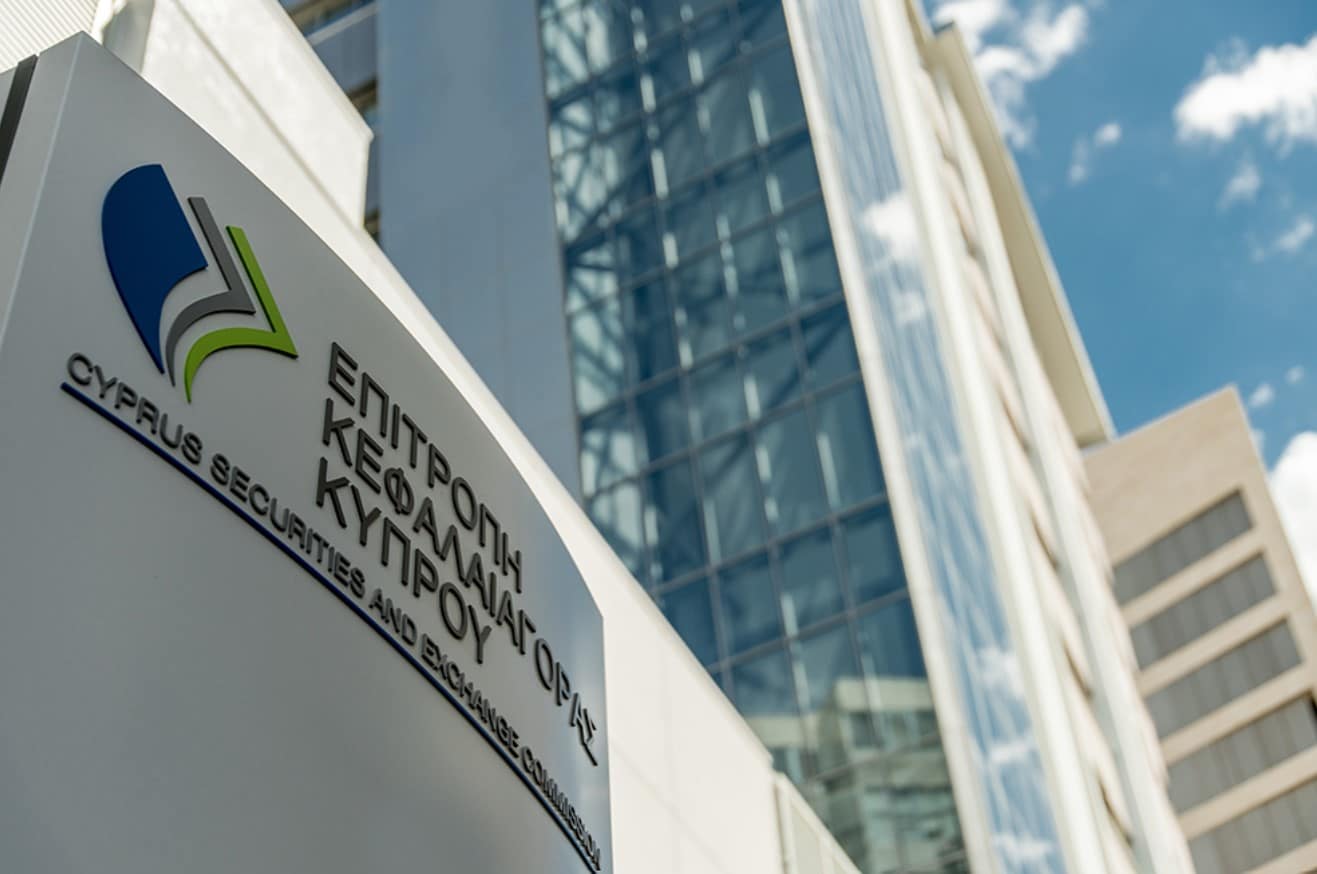The Cyprus Securities and Exchange Commission (CySEC) on Monday published a policy statement detailing the fees payable and the information required under the European Regulation on markets in crypto-assets (MiCAR).
According to the commission, the statement provides essential guidance for businesses operating in the crypto sector.
MiCAR introduces a harmonised framework for crypto-assets that are fungible but do not qualify as financial instruments or fall outside the regulation’s scope.
The regulation applies to both natural and legal persons involved in the issuance, public offering, and trading of such crypto-assets, as well as those providing related services within the European Union.
CySEC’s policy statement outlines the specific fees that apply and the types of information that must be reported by entities operating in this space.
MiCAR categorises crypto-assets into three groups. These includde Asset-Referenced Tokens (ARTs), often referred to as stablecoins, which are regulated under Title III of MiCAR; E-Money Tokens (EMTs), regulated under Title IV, which share similarities with electronic money and are exempt from CySEC’s supervision; and a residual category of other crypto-assets, which fall under Title II of MiCAR.
The policy statement also stated that ARTs and EMTs deemed ‘significant’ under MiCAR face additional obligations, including oversight by the European Banking Authority (EBA).
MiCAR’s scope covers a variety of operations, including the initial offerings and admission of crypto-assets to trading, the provision of related services, and the authorisation and ongoing obligations of issuers.
The regulation also addresses the prevention and prohibition of market abuse involving crypto-assets, as set out in Title VI.
It includes a range of Level 2 and Level 3 measures, which have been published on CySEC’s website under the regulatory framework section.
Interested parties are encouraged to review the official announcements and submit applications as per CySEC’s prior notices.






Click here to change your cookie preferences